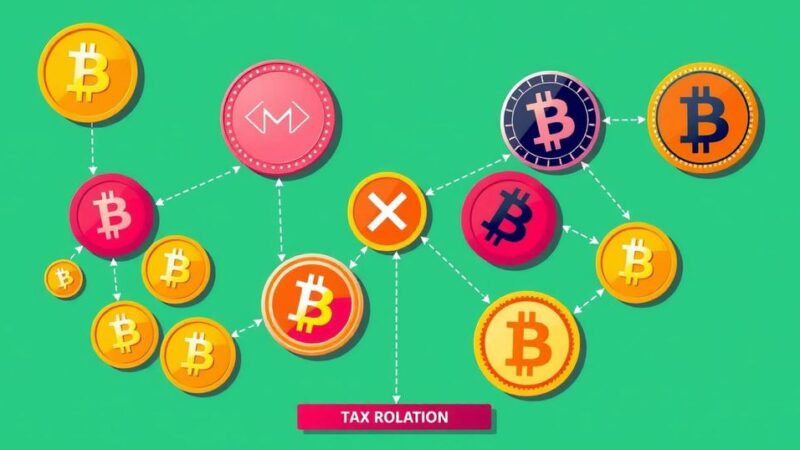Barrick Gold is facing difficulties with Mali’s new mining code, which increased government shares in mining projects and has halted operations at the Loulo-Gounkoto complex. Despite a signed settlement awaiting approval, Barrick continues employee payments while striving for stability amid financial strains. The situation may indicate broader trends in resource governance impacting the mining sector.
Barrick Gold is currently facing challenges due to a new mining code implemented in Mali, which has significantly affected its operations at the Loulo-Gounkoto complex. The 2023 updates to the mining code increased the government’s equity share in mining projects, resulting in Barrick halting operations earlier this year after the government’s seizure of three metric tons of gold. This freeze on gold exports has persisted since November, complicating Barrick’s financial position.
Reports suggest that although a settlement agreement has been signed between Barrick and the Malian government, it still awaits official approval, which may take time based on historical contexts involving other firms. Despite these issues, Barrick continues to pay its employees, underlining its commitment to workplace stability even amidst financial challenges such as delays in supplier payments. The company’s management remains focused on finding solutions, albeit at a slow pace.
For investors, the resolution of this standoff is critical for Barrick’s revenue and stock performance. With the halt on gold exports and rocky relations with the government, the overall financial health of the company hangs in the balance. Should government control over foreign mining assets become more pronounced, the broader mining sector may face reduced appeal to investors.
The situation in Mali reflects a larger trend among resource-rich nations asserting greater control over their natural resources, a phenomenon seen across Africa and Latin America. These regulatory changes require international mining companies to adapt their strategies for sustainable agreements that advocate mutual benefits, highlighting the necessity for flexible business models in a global environment increasingly governed by sovereign rights over capital flows.
In summary, Barrick Gold is navigating a precarious situation in Mali following the introduction of a new mining code that has affected its operations and financial stability. The ongoing standoff with the Malian government underscores a significant trend in resource governance, which may compel mining companies to adapt their strategies. As the industry faces potential shifts in investment appeal, the ability of firms like Barrick to negotiate effective resolutions will be crucial for their future success.
Original Source: finimize.com






